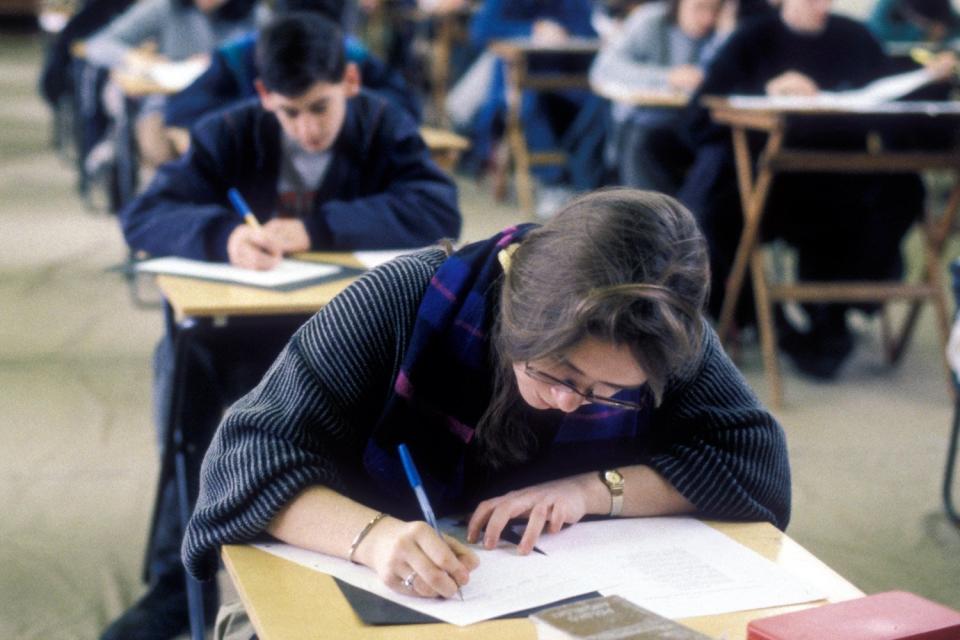Popular school children to be recruited as anti-drug ‘influencers’ by Government funded project
Popular children in school will be voted in by classmates to become anti-drug "influencers" in a new Government funded project.
Teenage students will choose their most influential classmates to be trained to discourage peers from taking illegal substances in a project named the “Frank Friends” scheme.
Funded by the Government-backed National Institute for Health Research, the programme will be run across 48 schools in the West of England and South Wales from September 2019.
At least 5,600 Year 9 students aged 13-14 are predicted to take part.
Those voted into the top 17.5 per cent of nominations as the most influential in school will be asked to become peer supporters and lead discussions on the potential harms of drug use.
After two days of training they will then be expected to have conversations with their peers over a 10-week period.
The three-year study run by Cardiff University researchers is the UK’s biggest trial of school-based drug prevention programmes.
Dr James White, of the Centre for Trials Research at Cardiff University told The Telegraph: “There is limited evidence that drug prevention interventions are effective.

“Schools provide a systematic and efficient way of reaching a large number of people every year.
“This randomised controlled trial is the best way to determine if the Frank Friends intervention prevents drug use among young people."
According to the latest UK data, 37 per cent of 15-year-olds have tried an illegal drug and more than 13,000 11 to 18-year-olds accessed drug treatment.
Last week a YouGov study found that students sitting their GCSEs are twice as likely to take illicit prescription drugs to boot their performance than university students.
One in seven teenagers aged 13 to 16 have said they have used drugs typically prescribed to people with conditions like ADHD, narcolepsy and alzheimer's.

 Yahoo News
Yahoo News 
